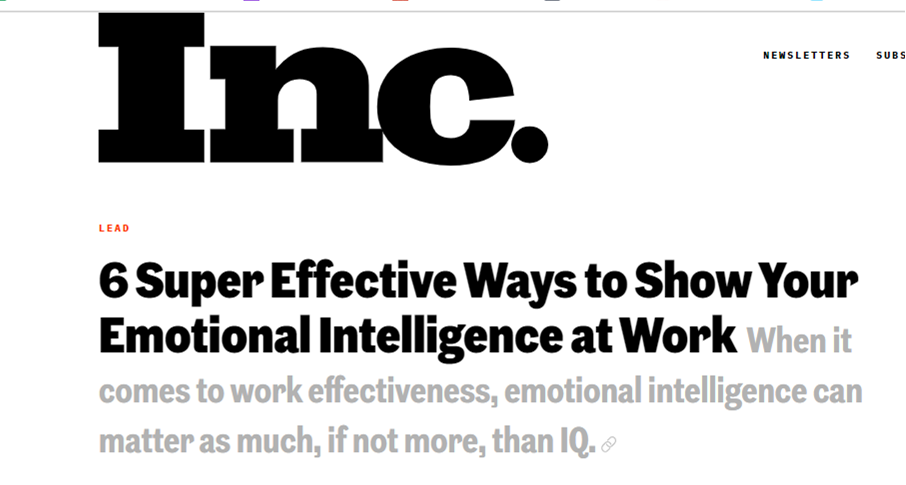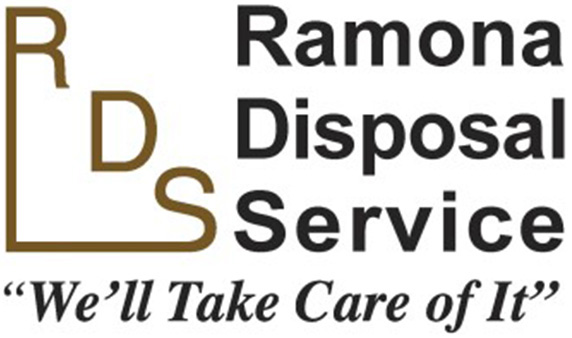 In the Future of Jobs Report, which the World Economic Forum published in 2015, chief human resources officers from global companies were asked what they saw as the top job skills required for workers to thrive by 2020.
In the Future of Jobs Report, which the World Economic Forum published in 2015, chief human resources officers from global companies were asked what they saw as the top job skills required for workers to thrive by 2020.
Companies are placing a high value on people with EQ for several reasons that lead to competitive advantage. For example, they cooperate better with others, are exceptional listeners, are open to feedback, and show more empathy.
But how do you actually practice emotional intelligence?
Over the years, I’ve compiled data and practical examples of behaviors to answer that very question. Here are six ways to do it:
1. Acknowledge your thoughts and feelings
Acknowledging your emotions brings together the cognitive and the emotional, which research has shown to be a powerful way to lessen the intensity of an emotional reaction. After pausing and acknowledging, your mind will already feel much clearer.





